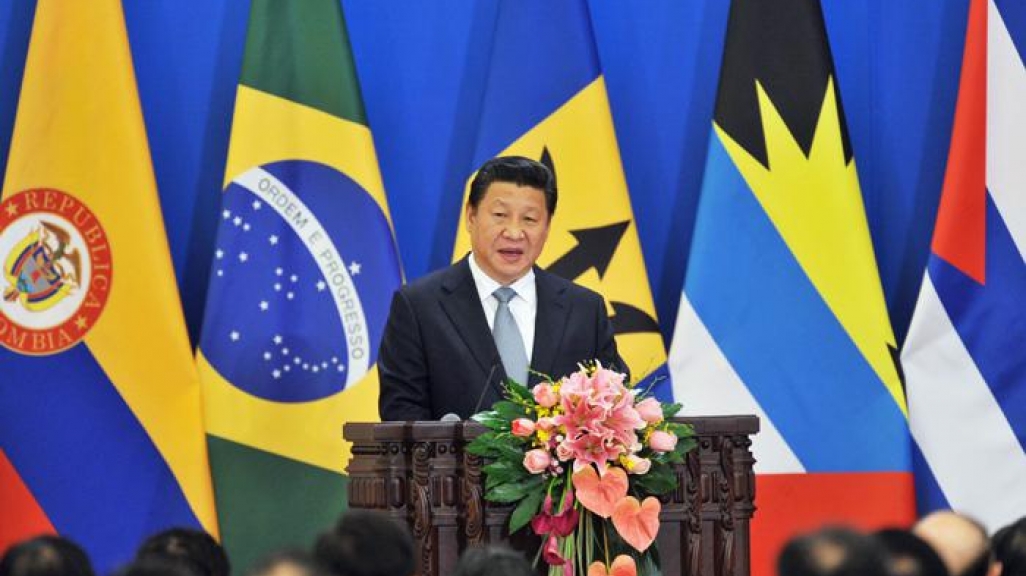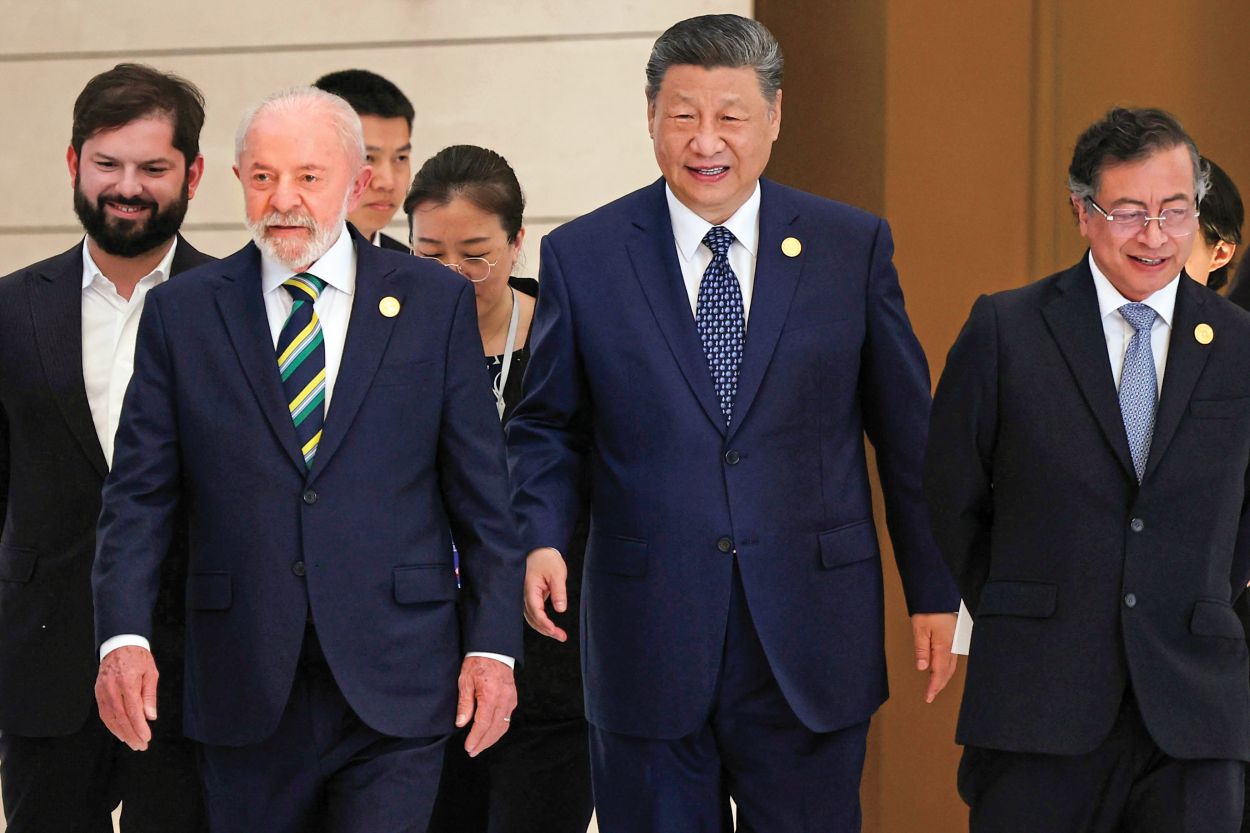An Emerging Competition for Latin America
An Emerging Competition for Latin America
Beijing's growing influence in the region means Washington must become more diligent in its engagement with the region, writes AS/COA's Eric Farnsworth for China-US Focus.
Secretary of State Rex Tillerson’s early February visit to Latin America and the Caribbean was impressive in ambition and scope. Beginning in Mexico and continuing on to Argentina, Peru, Colombia, and Jamaica, he made clear the United States’ long and abiding interest in working with regional partners and friends to strengthen democracy and support sustainable economic growth.
The headline from the visit was a tightened regional consensus on the need to address Venezuela’s growing humanitarian crisis, which is now affecting neighbors including Brazil, Colombia, and Guyana, and islands in the Caribbean, as refugees flee economic and social collapse. Indeed, shortly after Tillerson returned to Washington, the host of the April Summit of the Americas, Peruvian President Pedro Pablo Kuczynski, formally rescinded the invitation for Venezuela’s Nicolas Maduro to attend. Other regional steps including further sanctions may soon be announced as the effort intensifies to encourage the Government of Venezuela to change its destructive course.
Much less noticed, however, was the implication laid out in the Secretary’s speech at the University of Texas, just prior to departing for Mexico, that China’s continued inroads in the hemisphere are unhelpful for regional development and require that the United States become more diligent in its engagement with the region. The Secretary also hinted that China’s approach created the specter of new imperialism, which the region has long rejected, suggesting, for example, that, “Latin America does not need new imperial powers that seek only to benefit their own people.”









